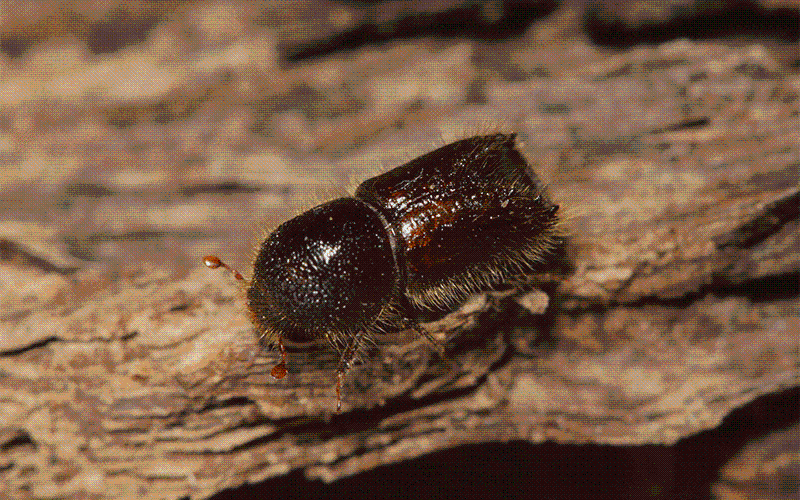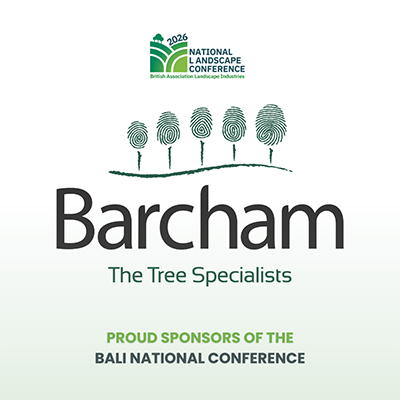
Vigilance urged as warm and dry spring increases risk from spruce tree pest
- Forestry Commission calls for caution from forestry sector as Ips typographus beetle flight season gets underway
- Potential risk from spruce tree pest due to warm and dry spring
- Foresters, landowners and land managers are urged to report sightings to the Forestry Commission
Woodland managers, landowners and the forestry sector are today (Thursday 5 June) being encouraged to increase their vigilance against the tree pest Ips typographus.
The warning comes following a record dry spring, and the heavy rain and waterlogging of last year, which has left lowland spruce, particularly those on clay soils, at heightened risk of stress, potentially increasing their susceptibility to beetle infestation.
Ips typographus, also known as the eight-toothed spruce bark beetle, is a serious pest of spruce trees in Europe which was first identified in the UK in 2018. It prefers stressed or dying trees but under the right conditions it can attack healthy trees and has the potential to cause significant damage to Great Britain’s forestry and timber industries.
We are now entering a heightened risk period as it is the beginning of the annual season of blow over of beetles from mainland Europe.
The Forestry Commission, including Forest Research, lead a robust and comprehensive management programme to manage the pest which, if left unmanaged, could leave an estimated 725,000 hectares of spruce at risk of infestation with an estimated total value of £2.9 billion.
Defra Chief Plant Health Officer Professor Nicola Spence said:
“I am urging foresters and landowners to really be on their guard as we enter the heightened risk period for Ips typographus.
“We need maximum vigilance from all landowners and land managers as temperatures rise – the dry spring following last year’s wet summer has created ideal conditions for the beetle. The cooperation of the forestry sector has been vital in our efforts to keep the pest at bay and we need that to continue.”
Dr Anna Brown, Director of Forest Services at the Forestry Commission, said
“Continued vigilance to the threat posed by Ips typographus is needed following the recent rise in temperatures, and we’re urging landowners and land managers to report any sightings immediately via Tree Alert to help reduce the risk of the pest spreading. The beetle prefers stressed or dying trees but it can attack healthy trees if the conditions are right.
“The help of the sector is vital in the successful management of this pest – landowners, agents and timber processors should continue to comply with ongoing restrictions for movement of spruce material and methods of forest operations in the Demarcated Area.”
A grant is available within the Proactive Spruce Removal Area as part of the Tree Health Pilot and the Forestry Commission plans to provide a new offer to further support removal of spruce later this year.
Defra will host a workshop later this year, in collaboration with UK Agri-Tech Centre, to continue to exchange knowledge with the international plant health community on innovative and technological solutions for managing bark beetle pests.

